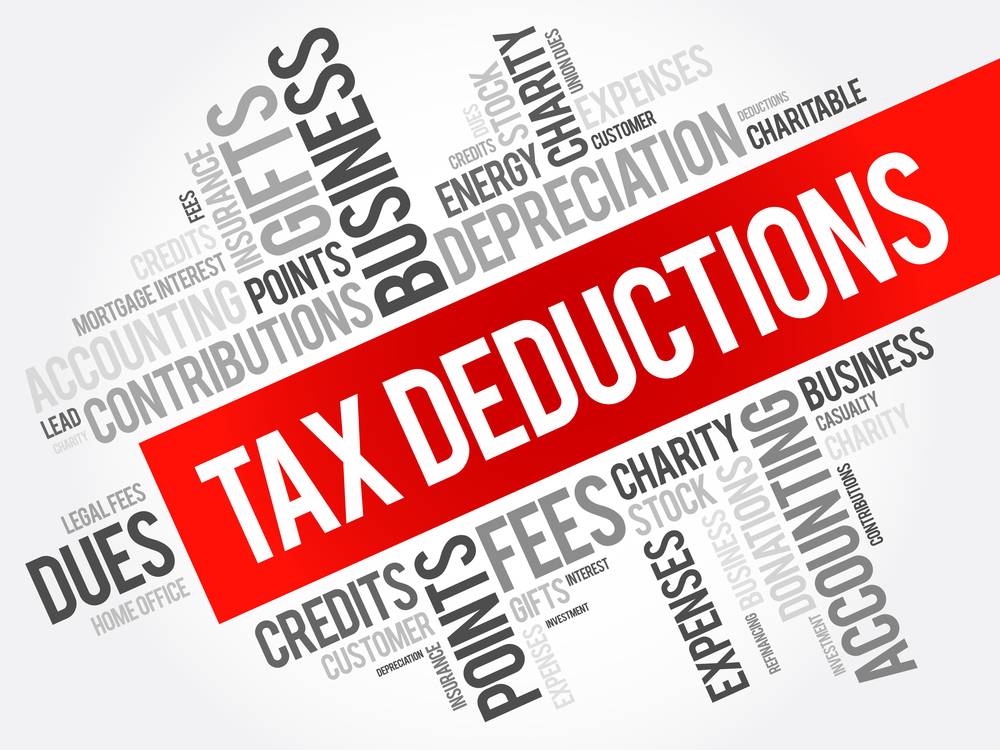
When your I-T return is completed, one of the first parts is gross income calculation. This can be done by excluding various allowances or exemptions that are tax exempt like HRA. This is a technique used by businesses to figure out the tax they need to pay. They have a gross taxable income, which is the result of all their sales minus any business related expenses that they had. Then deductions must be taken from this amount in order to get the total taxable income, which can then be broken down into total income if necessary.
Many taxpayers take advantage of tax breaks, but some tax deductions may not be available to everyone. However, few of the deductions are claimed so that they aren’t automatically given to individuals by the Tax Department, since they’re related to common instruments of small savings or investments and mandatory expenses. The section 80C deduction allows you to deduct certain business expenses on your tax return. It’s one of the most common deductions and has a number of popular costs that are available. 82C of the Act says that you cannot deduct more than ₹1,50,000/- in any cases. This includes the deductions applied by 80CCC + 80CCD in the given case. The deductions should not exceed ₹1,50,000/- in total.
1. Life Insurance Premium
- This amount of money is claimed to be paid for life insurance.
- This premium should be paid either for the person, his spouse, or his minor children.
- This deduction can only be claimed by an individual or HUF
- In case of HUF, any of the members of HUF can claim a tax deduction
- The deduction can’t exceed 10% of the sum insured which is 15% for those filing disabilities.
2. Public Provident Fund (PPF) Deposits
- This claimed deposit in PPF account only gives the person a 40% tax-free return.
- Unlike interest earned on your bank account, dividends earned on your IRAs are not subject to taxes.
3. Tax Saving Fixed Deposits
- Consider a fixed deposit that is available through any bank.
- A 5-year term deposit is a good idea – longer than that and too risky.
- The deduction can be claimed by individual or the HUF
4. Tax Saving Mutual Funds
- These mutual funds are mainly equity focused. They have 65% of their assets in shares. They have been termed as ELSS funds which is also called ELS Scheme
- Many of these investments have a lock-in period of three years
- SIP allows ELSS investors to save on taxes as well.
- This can be claimed by Individuals and HUF
5. Employee Provident Fund
- Employers are mandated to pay 12% of an employee’s salary to the Employees Provident Fund (EPF).
- However, you may be able to contribute your deductions to the Employee Provident Fund.
- Individual has access to this deduction
- The withdrawal from EPF and interest income earned is separately tax-free.
6. Principal Repayment of Home Loan
- Home loans create an EMI, which is made up of interest and principal components.
- Interest is a deduction from property income.
- This principal component will be deductible under the section
- The individual or family can claim exemption from filing any RTI return and avoid surcharge, penalty and other such taxes
7. Tuition Fees Paid
- Claim the Tax Deduction to the extent of tuition fee during the process of admission or during the year.
- Fees are eligible for any school, college or university
- Donations or development fund contributions are not eligible
- “Paying late fees” is not included in the claim
- “In respect of only two children” is not correct usage.
0 Comments